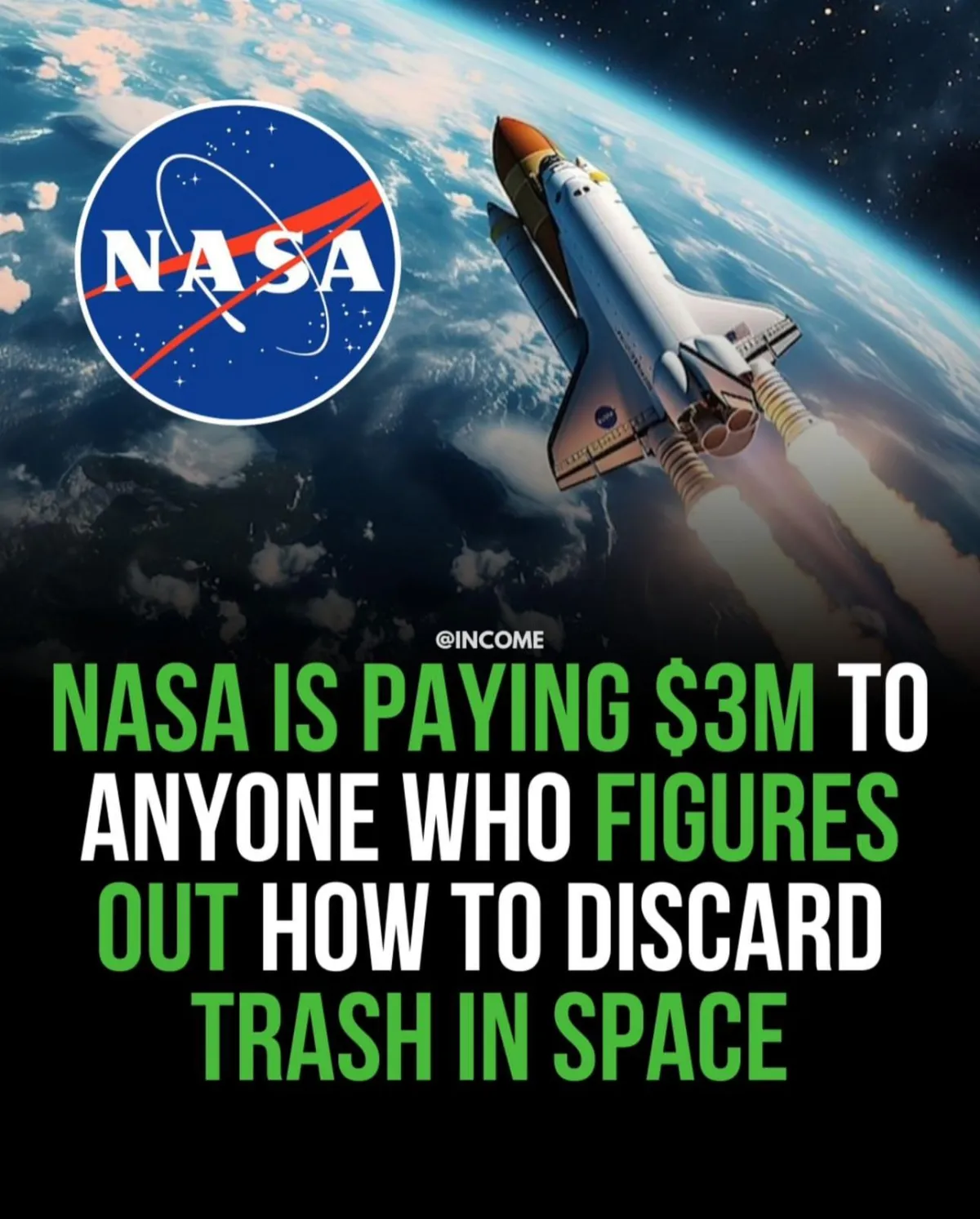Increase the Revenues of Your Waste Company With the Tips Shared in Our Blog Articles

We Cannot Solve Our Problems by Sending Waste to Space: Why True Solutions Must Come from the Ground Up
As the Waste Management Alchemist, I’ve witnessed the evolution of our industry, the challenges we face, and the innovative solutions that have emerged. However, I must bring your attention to a troubling trend that is gaining traction among policymakers and industry leaders alike: the notion of solving our waste problems by sending it into space. This idea, championed by agencies like NASA, is dangerously misguided and represents not a solution, but an amplification of our current problems.
The Fallacy of the Space Solution
Let’s be clear: launching waste into space does not address the fundamental issues of waste generation and management. Instead, it merely shifts the problem from one location to another. This approach is like treating a wound by covering it with a bandage while ignoring the underlying infection. It may seem like a quick fix, but it ultimately leads to more significant complications.
The waste we produce is not merely refuse; it is a rich source of raw materials. By disposing of waste in space, we effectively throw away valuable resources that could be reused, recycled, and repurposed. This not only squanders economic potential but also diminishes the role of waste management companies, reducing them to nothing more than trash collectors.
Economic Implications for Waste Management Companies
Imagine the long-term consequences of relying on space as a waste disposal method. The local economies that currently benefit from waste management—through jobs, recycling facilities, and the production of secondary raw materials—will suffer. The very foundation of our industry will be undermined as we relinquish our responsibility to manage waste effectively.
Waste management companies have the unique ability to transform waste into valuable resources. By sending waste into space, we strip these companies of their potential to innovate and profit from secondary materials. Why should we allow this to happen? The economic impact will be profound. Jobs will be lost, facilities will close, and communities will feel the pinch as their local economies shrink.
The Centralization of Waste Management
One of the most alarming aspects of the space disposal idea is its centralization. In a world that thrives on local solutions and grassroots initiatives, this approach would concentrate waste management efforts in a few select locations, effectively sidelining smaller, local companies. The result? A handful of large entities controlling waste disposal, while local businesses struggle to survive.
This centralization will not only stifle competition but also limit innovation within the industry. Waste management companies, which should be at the forefront of developing new processes and technologies, will find themselves relegated to the role of simple collectors—driving around in automated trucks, emptying bins, and doing little more than moving trash from one place to another.
The Loss of Job Opportunities
As we shift our focus away from managing waste on Earth and toward sending it into space, we must confront the reality that jobs will be lost. The skilled workforce that currently handles waste processing, recycling, and resource recovery will face significant challenges. Automation may further exacerbate this issue, as robots and automated systems take over tasks traditionally performed by humans.
We need to ask ourselves: what kind of industry do we want to create? If we allow the narrative of space disposal to dominate, we risk creating a future where waste management is no longer a viable career path. Our communities depend on the jobs created in this sector, and by neglecting the value of waste, we jeopardize the livelihoods of countless workers.
The Cost of Ignoring Waste Management
Let’s not overlook the financial implications of this misguided approach. Managing waste is already a costly endeavor, and the idea of launching it into space will only exacerbate these costs. The logistics of space disposal are complex and expensive, and these costs will inevitably be passed down to taxpayers and consumers.
In contrast, investing in local waste management solutions offers a far more economically sound strategy. By focusing on recycling, reusing materials, and developing innovative technologies, waste management companies can turn waste into a profitable business. This approach not only benefits the bottom line but also fosters a sense of community and responsibility.
The Path Forward
As leaders in the waste management industry, it is imperative that we reject the notion of space disposal and instead advocate for effective, local solutions. The future of our industry lies in our ability to innovate and adapt, not in abandoning our responsibilities.
We must embrace the potential of waste as a resource. This means investing in technologies that enhance recycling processes, improve resource recovery, and create new markets for secondary materials. By doing so, we can build a thriving industry that benefits our communities, our economy, and our planet.
Conclusion
In conclusion, the idea of sending waste into space is a distraction from the real work that needs to be done. It is an invitation to ignore the very problems we have created and a denial of the potential we have to turn waste into wealth. As waste management company owners, you have the power to shape the future of this industry. Don’t let the allure of quick fixes lead you astray.
Instead, commit to transforming the way we think about waste.
Embrace the opportunity to innovate, create jobs, and build a robust market for secondary materials.
The path forward is not in the stars; it’s right here on Earth, waiting for us to seize it.
Let’s rise to the challenge and demonstrate the true value of waste management.
The future of our industry depends on it.
To Your Success,
Sam Barrili
The Waste Management Alchemist


© 2025 Marketing4waste - All Rights Reserved,
Marketing4Waste is a brand of MiM MarketingInterimManagers LLC
+1 801 804 5730

